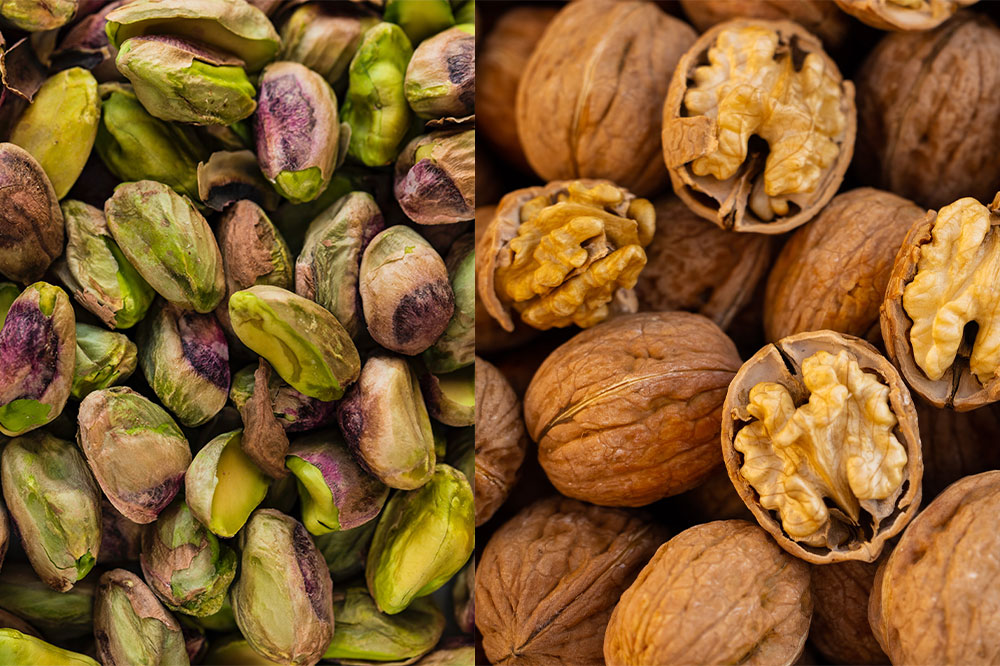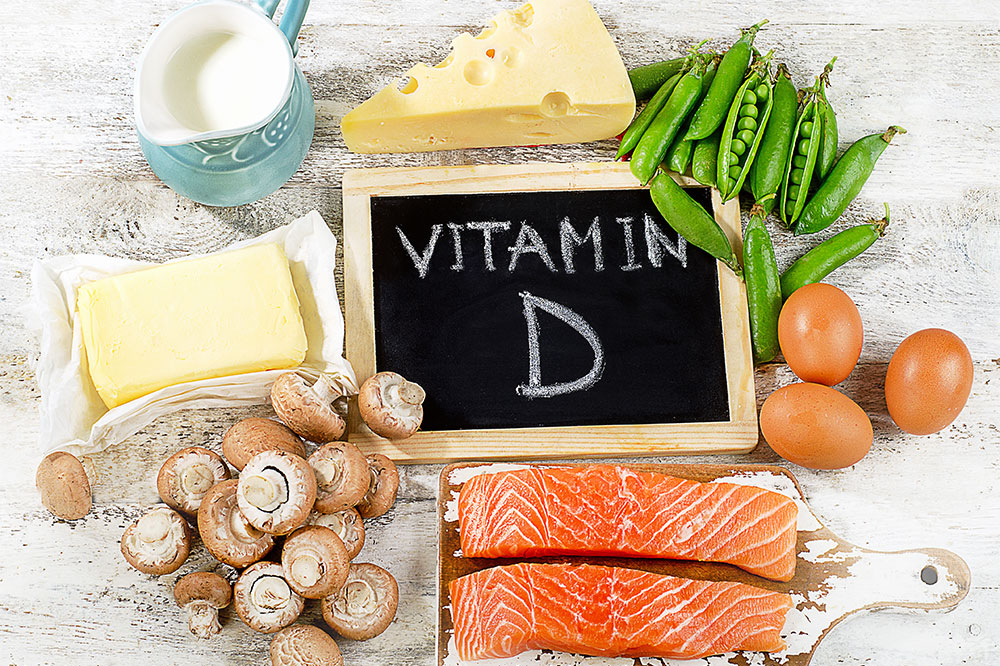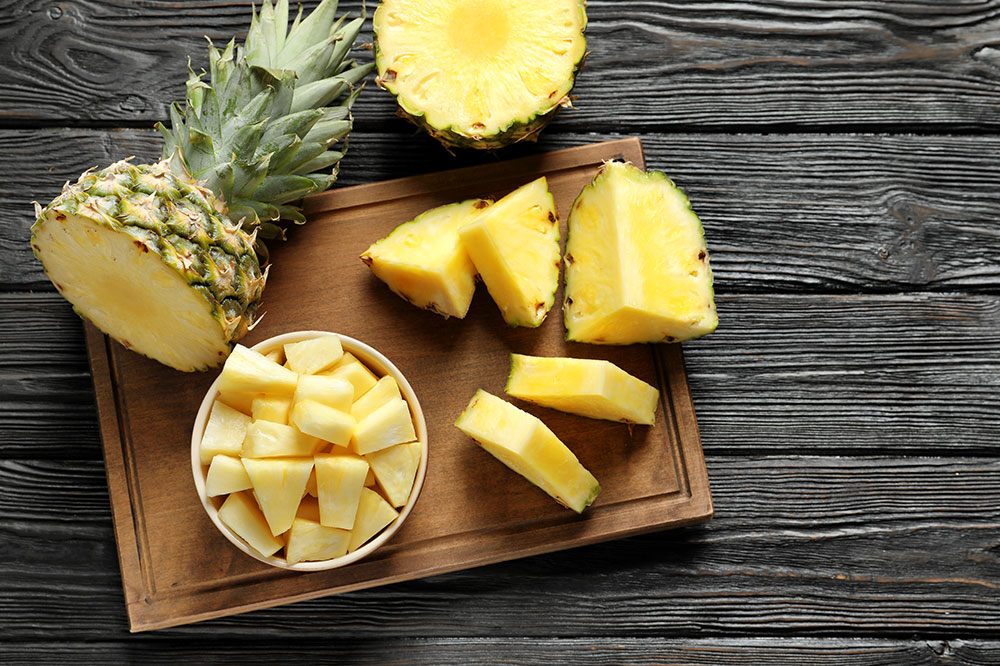Top 8 Nutritional Foods for Osteoporosis Management
Discover essential dietary strategies for osteoporosis management with a focus on calcium-rich foods, green vegetables, fruits, eggs, fish, nuts, and seeds. Combining these nutrient-dense foods with medical treatments can improve bone density and reduce fracture risk. Consult healthcare providers for personalized advice to effectively manage osteoporosis and maintain bone health over time.

Top 8 Nutritional Foods for Osteoporosis Management
Osteoporosis is a condition characterized by weakened bones, increasing susceptibility to fractures. While it can be severe, appropriate treatment options combined with dietary choices can slow its progression. Incorporating specific foods into your diet can enhance bone strength and density over time. Consuming nutrient-rich foods supports healthier bones and can mitigate osteoporosis symptoms effectively.
Dairy Alternatives
Products like yogurt, cheese, and milk are high in calcium, essential for building strong bones. Fortified options like soy milk, almond milk, and tofu are also excellent calcium sources, making them suitable for those with lactose intolerance.
Leafy Green Vegetables
Dark leafy greens including kale, spinach, Brussels sprouts, turnip greens, cabbage, and collard greens are rich in calcium. Many of these vegetables also contain vitamin K and magnesium, which support healthy bones.
Fruit Sources
Fruits like figs and kiwis are packed with vitamins A, C, and K, contributing to increased bone density. Bananas, oranges, and papayas provide potassium that helps neutralize acid in bones, preventing calcium loss.
Eggs
Consuming eggs in moderation can benefit bone health. They are a good source of vitamin D and help regulate calcium absorption by activating key calcium-binding proteins.
Fish and Seafood
Canned sardines and salmon are excellent for osteoporosis management due to their calcium content. These fish, along with mackerel and tuna, are rich in vitamin D, which plays a crucial role in calcium absorption.
Nut and Seed Consumption
A small daily handful of nuts like walnuts, almonds, pistachios, and pecans provides proteins, healthy fats, calcium, and magnesium. Likewise, seeds such as flax, sesame, pumpkin, and chia are fantastic sources of calcium, magnesium, phosphorus, omega-3 fatty acids, and fiber, promoting overall bone health.
Dried Fruits and Fortified Foods
Vegan-friendly options like dried apricots, prunes, and raisins contain boron, which supports bone growth. Other beneficial foods include bread, breakfast cereals, and orange juice, all fortified with vitamin D to aid bone maintenance.
Medical treatments may also be recommended for osteoporosis, focusing on reducing bone resorption and stimulating new bone formation to prevent fractures and strengthen existing bones.










